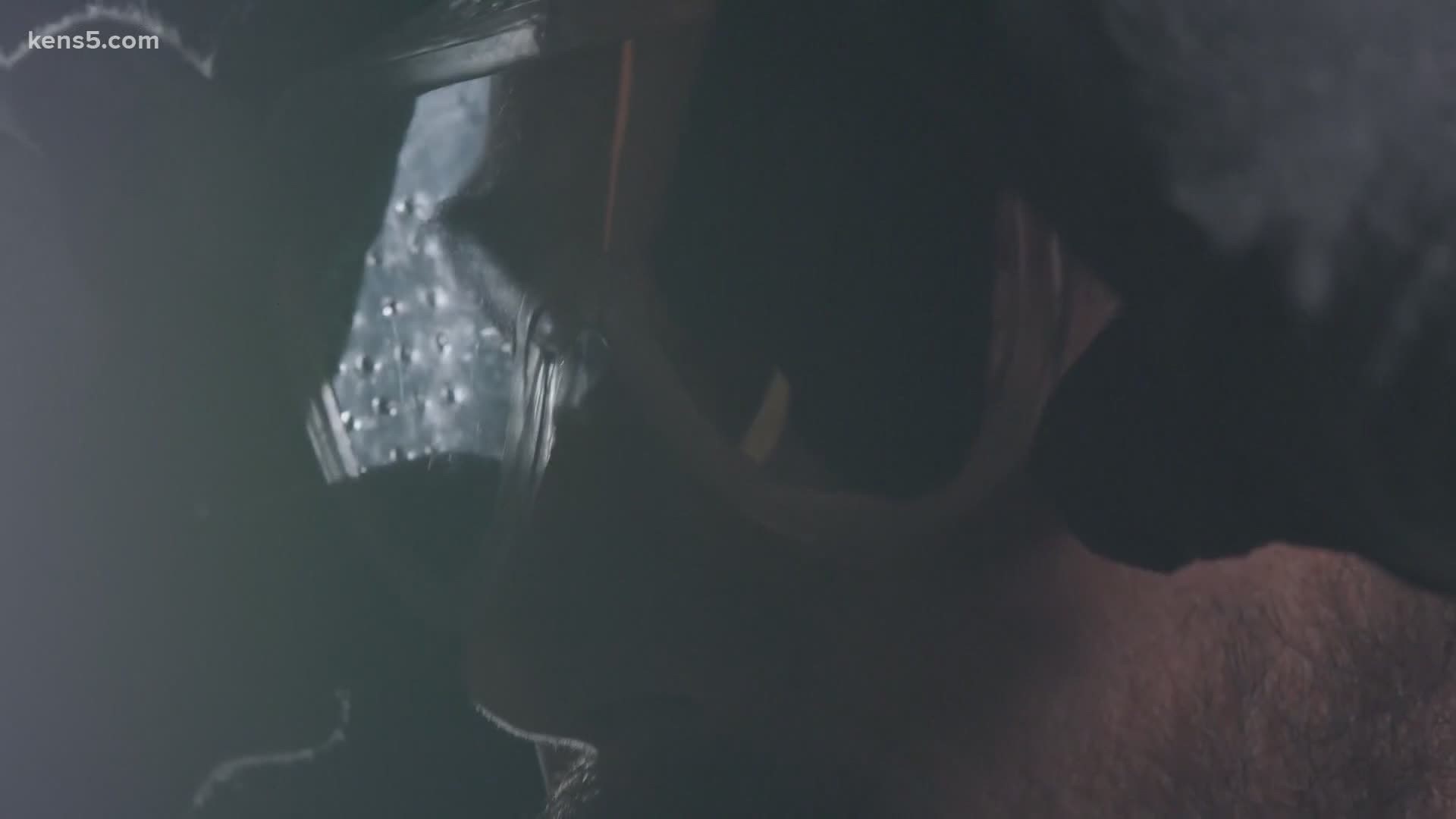SAN ANTONIO — Evidence is mounting indicating the coronavirus could be airborne. The World Health Organization recently announced it is reconsidering its stance on the issue, and how this could affect the transmission of a virus that researchers are continuing to learn more about as the summer goes on.
Right now, we are using masks and social distancing to try and prevent catching or spreading the virus, per recommendations of health authorities. But if the virus is indeed airborne, that may no longer be enough.
If COVID-19 is indeed airborne, that means that droplets expelled through coughing are much smaller and "could remain in the air for a long period of time," according to Kristopher Richardson, a physician's assistant and medical manager for FastMed Urgent Care in San Antonio and Houston.
Let's say you're in a restaurant where the masks come off to eat. You're talking and chewing, and airborne particles are being released. If you have the virus, aerosolized particles can hang in the air for hours after you leave, so even if the next person to sit at this table arrives three hours later, they can still catch it from you.
"If you look at the Texas Medical Association, the (Centers for Disease Control), that's why they are recommending you do not go to restaurants and eat there or not gather in large group settings," Richardson said.
We already know that you can catch and transmit the virus through your mouth and nose, which is why health authorities and local officials have continued to emphasize the wearing of masks. But if the virus is airborne, you could also catch it by way of your eyes—so eye protection may be the next step.
"If you wear contacts or glasses, like the American Academy of Ophthalmology suggests, in public, and also consider wearing a pair of goggles or a mask with a face shield."
Richardson also says that whatever eye protection you choose, it doesn't have to be medical-grade; you can pick up glasses or goggles at any home improvement store or make a face shield with a visor and bendable plastic. The more barriers you can put between you and the virus, the better.

